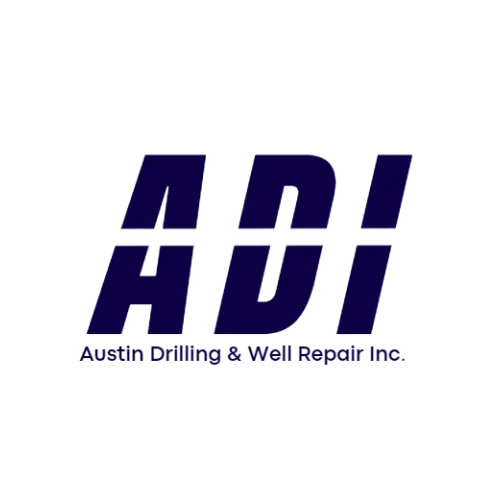
Well Inspection Service
In South Carolina, a detailed water well inspection is essential to ensure the proper functioning of the well system and to identify any potential issues that may require attention. Here’s the proper procedure for conducting a comprehensive water well inspection in South Carolina:
- Hire a Licensed Well Inspector:
- Ensure that the well inspection is conducted by a licensed well inspector with expertise in well systems and groundwater regulations in South Carolina.
- Gather Information:
- Obtain the well’s construction records, maintenance history, and any previous inspection reports to better understand its background and potential issues.
- Visual Inspection:
- Begin with a visual examination of the wellhead, casing, cap, and any above-ground components for signs of damage, wear, or deterioration.
- Water Quality Testing:
- Conduct water quality testing to analyze the water for contaminants, bacteria, and other parameters to ensure its safety for consumption.
- Measure Water Level:
- Measure the water level in the well to assess the well’s yield and determine if it meets the property’s water demands.
- Flow Rate Assessment:
- Determine the well’s flow rate, which indicates how much water the well can produce over time, to ensure it meets the property’s needs.
- Pump Performance Check:
- Evaluate the pump’s performance and efficiency, including pressure and output, to identify any issues with the pump.
- Pressure Tank Inspection:
- Inspect the pressure tank to ensure it is functioning correctly, maintaining adequate water pressure and preventing short-cycling.
- Check Well Casing:
- Inspect the well casing for any signs of damage, corrosion, or leaks that could lead to contamination or reduced well efficiency.
- Evaluate Wellhead Protection:
- Assess the area around the wellhead for potential sources of contamination, such as septic systems, livestock, or chemical storage.
- Review Compliance with Regulations:
- Ensure that the well complies with South Carolina’s well construction and groundwater protection regulations.
- Provide Inspection Report:
- Compile all inspection findings into a detailed report, including any identified issues, recommendations for repairs or maintenance, and water quality test results.
- Implement Necessary Well Repairs:
- If any issues are detected during the inspection, promptly implement the required repairs or maintenance to restore the well’s proper functioning.
By following this comprehensive procedure, property owners can be confident in the safety and efficiency of their water wells, ensuring a reliable and clean water supply. Regular well inspections are essential for identifying potential problems early and ensuring the long-term performance of the well system.
Nano-technology in Well Drilling: The Future is Now at Austin Drilling & Well Repair
Nano-technology in Well Drilling: The Future is Now at
A Step-by-Step Guide to Installing a New Jet Well Pump
A Step-by-Step Guide to Installing a New Jet Pump


